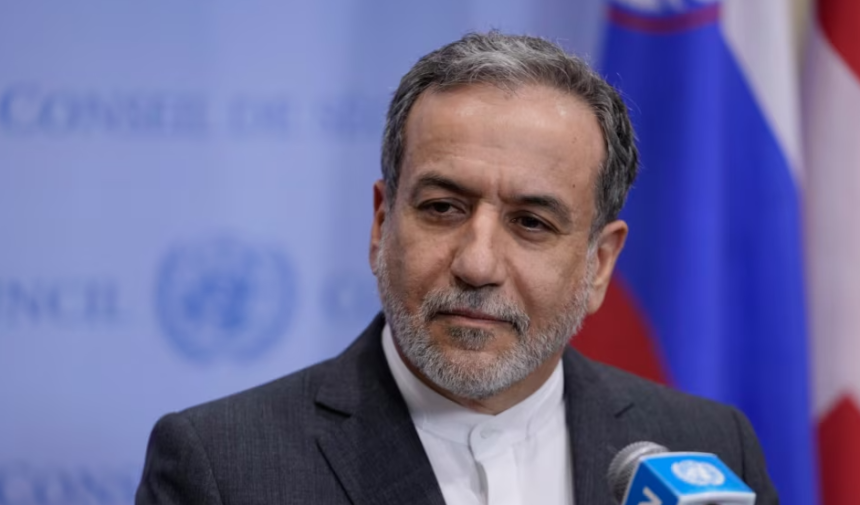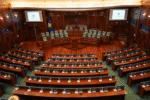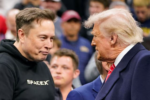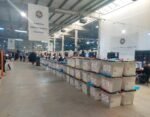TEHRAN, Iran – July 1, 2025 – Iranian Foreign Minister Abbas Araqchi has dismissed the possibility of a swift resumption of nuclear talks with the United States, despite earlier indications from U.S. President Donald Trump that negotiations were imminent. Araqchi’s remarks come after a recent shift in Trump’s stance, who now states he is not speaking to Iran following U.S. airstrikes on Iranian nuclear facilities.
In an interview that aired on June 30, Araqchi was asked about Trump’s previous assertion that nuclear talks were about to restart. “I don’t think negotiations will restart as quickly as that,” the Iranian foreign minister told U.S. broadcaster CBS. “In order for us to decide to reengage, we would have to first ensure that America will not revert to targeting us in a military attack during the negotiations.”
Conditions for Resuming Diplomacy
Araqchi emphasized that more time is needed to consider all points, though he added that “the doors of diplomacy will never slam shut.”
The United States and Iran had conducted five rounds of indirect talks on Tehran’s nuclear program before their collapse, which preceded Israel’s airstrikes against Iranian nuclear sites and military infrastructure on June 13. The U.S. joined Israel’s attacks on June 22, bombing three key Iranian nuclear sites, including the heavily fortified underground facility in Fordow.
Assessment of Nuclear Program Damage and Future Capacity
When questioned about an assessment from the head of the UN’s nuclear watchdog, Rafael Grossi, who stated that Iran would likely be able to begin producing enriched uranium in a matter of months, Araqchi asserted, “One cannot obliterate the technology and science for enrichment through bombings.” He added that if Iran wills it, the country “will be able to expeditiously repair the damages and make up for the lost time.”
In a Truth Social post on June 30, President Trump reiterated his current position, stating he is “not offering Iran anything…nor am I even talking to them since we totally obliterated their nuclear facilities.”
Iranian Foreign Ministry spokesman Esmail Baqaei had earlier, on June 30, accused the Trump administration of a pattern of shifting positions. “These constant shifts and mixed signals, which have become a regular pattern of US behavior over the past three or four months, are simply not something we can rely on,” he said at his weekly press briefing.
The full extent of the damage to Iran’s nuclear program during the 12-day conflict with Israel remains unclear. Iran acknowledges extensive damage but vows to continue its program, which it maintains is peaceful.
Rafael Grossi, Director General of the International Atomic Energy Agency (IAEA), said on June 30 that it was highly likely the sensitive centrifuges used to enrich uranium inside Fordow were badly damaged. However, he also noted that Iran could resume uranium enrichment “in a matter of months” and that there were indications Iran may have moved some of its enriched uranium before the U.S. strikes. Grossi added that Iran informed him on June 13 that it was taking measures to protect its nuclear equipment and materials, suggesting they were moved.







